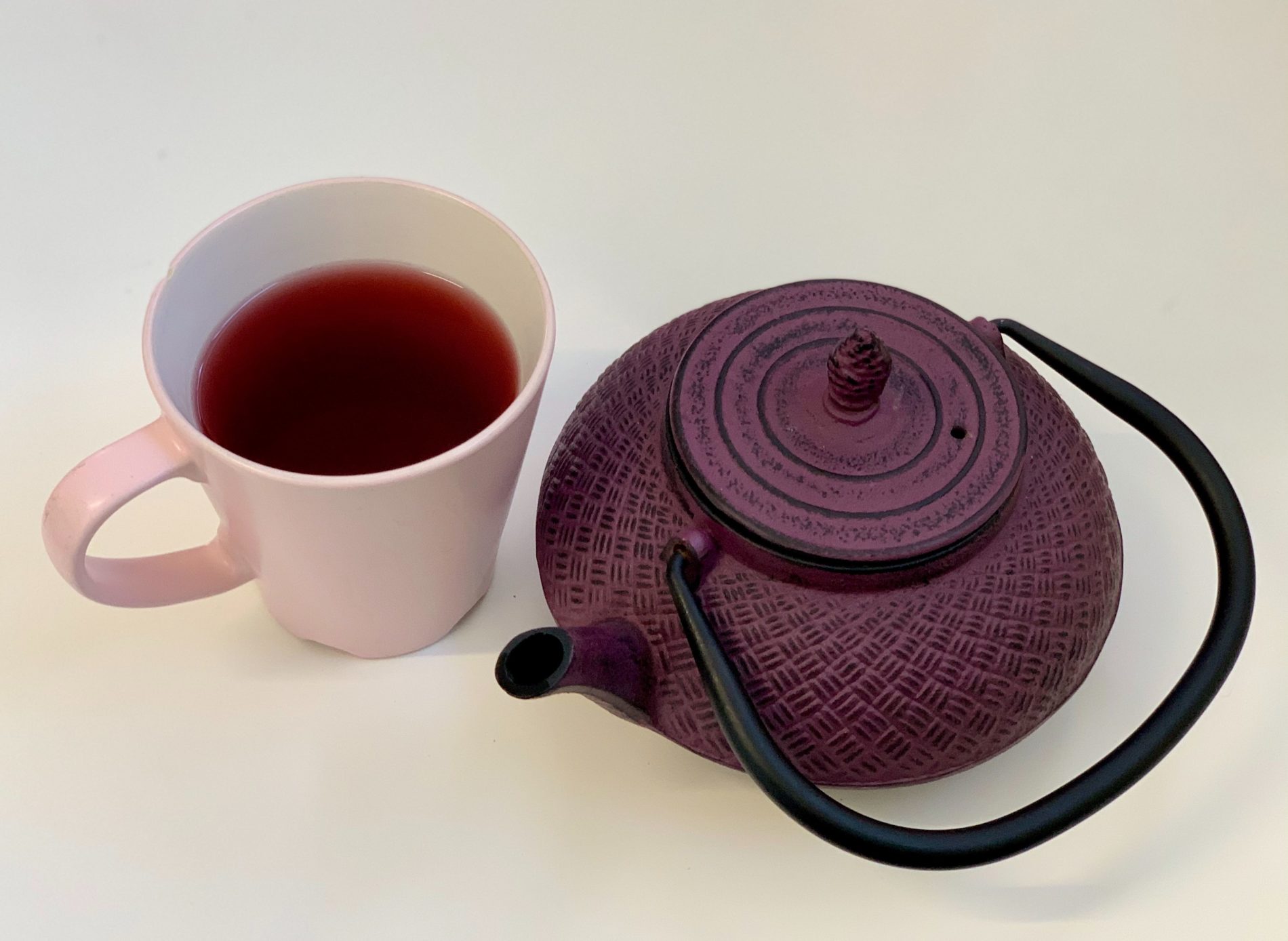Tea is one of those staples that you might see on any table in different parts of the world. Black, green, oolong, pu’erh, white, yellow – the truly marvelous variety of flavors and colors that can bedazzle from the first glance. But then veil slips away from the eyes and you realize that all types of tea come from a single basic plant – Camellia Sinensis. It’s an evergreen shrub with glossy leaves. They, depending on the processing method, are transformed into different dried teas through oxidation, drying, curing stages. Being one of the most important, however, they are not the only ones. The general procedure with other steps is perfectly described on Wikipedia. Different techniques (from baking to steaming), different regions, growing conditions of plants – all this adds up in the innumerous tea varieties that we can buy today.
But the more tea we have the more myths are around there. And three of them just need to go away right now.
Green tea does not necessarily have less caffeine than black tea. Although we hear the opposite all the time. Again, where and how tea was grown, the exact processing style and how it is brewed – all this together gives you different final caffeine levels. However, one rule is golden: steep your tea less if you want a less caffeinated drink.
While we are on this page it’s worth stating that you shouldn’t rely on words of people who claim that black teas must be steeped longer than green ones. Usually, there is some background information that must be taken into account (the size of the leave and the vessel you’re going to brew in, for example) before deciding how to steep. The best bet is to taste as you go. Because brewing tea is a sort of technique and like any other technique it should be mastered.
Green tea is not better for you than other teas. Some people praise greens because they contain less caffeine, but we’ve reconciled that question already. Others praise this type of tea because of its high antioxidant value. While this is true there is far less scientifically-based information that proves that antioxidants are of any health value for us per se. It doesn’t mean there isn’t any, but one must doubt loud allegations and statements that insist on green teas being a cure from anything. It’s just tea after all, which you should happily indulge – freshly brewed and while it’s still hot.











What do you think?